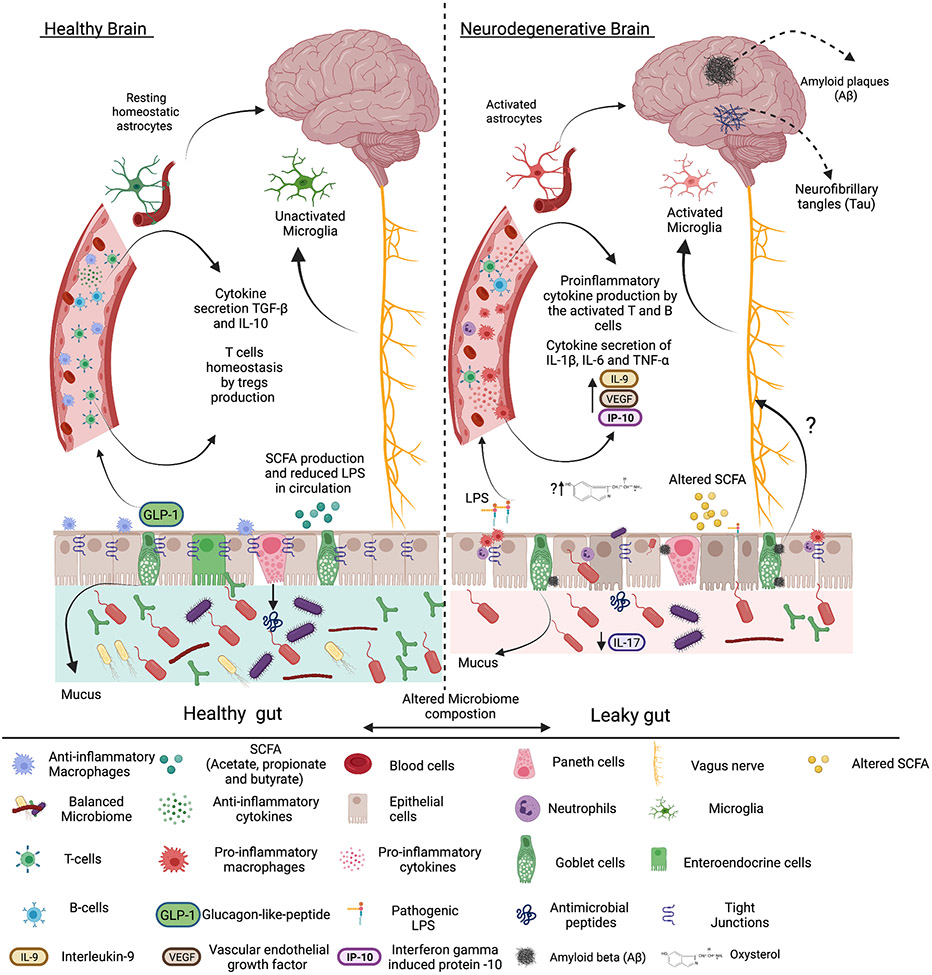Figure 3. The proposed brain-gut-microbiome axis hypothesis.
Intestinal dysbiosis and increased gut barrier permeability enable bacterial lipopolysaccharide (LPS) translocation systemically, leading to activation of pro-inflammatory immune cells and astrocyte stimulation. Sustained systemic circulation of LPS induces secretion of pro-inflammatory cytokines and activation of microglia. These events contribute to systemic, and potentially local, activation of T cells and B cells to produce pro-inflammatory cytokines and increased inflammation. Inflammation in age-related neurodegenerative disease (Alzheimer’s Disease shown) may also be potentiated by inflammatory oxysterols, such as 27-Hydroxycholesterol (OHC), which can weaken the gut barrier or possibly enable the propagation of protein aggregates within the enteric nervous system to the brain. These effects are further exacerbated by changes in the intestinal microbiome leading to a reduction in short-chain fatty acid (SCFA) production, a reduction in protective IL-17, and increased intestinal permeability and inflammation.

